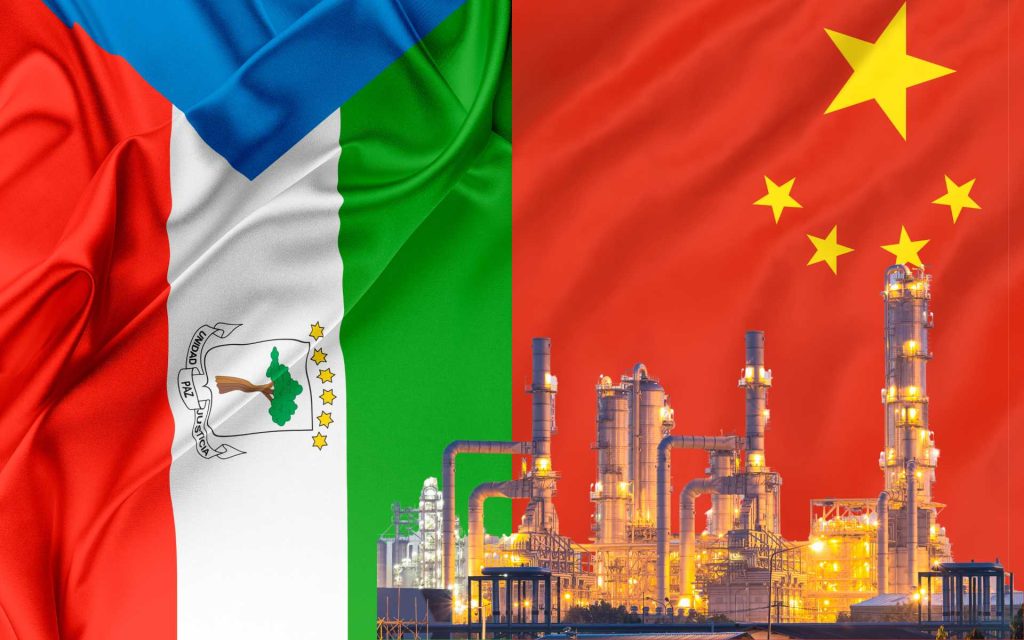Generation

Driving Fuel Security: SupeZet to Construct Oil Refinery in Equatorial Guinea

The government of Equatorial Guinea and engineering services company Shanghai SupeZet recently signed an MoU for the construction of a new oil refinery. The agreement, finalized in Shanghai on May 2 by Equatorial Guinea’s Vice President Nguema Obiang Mangue and Zhang Jinhong, President of Shanghai SupeZet, marks a significant milestone in Equatorial Guinea’s energy expansion strategy. With aims to process Equatoguinean crude oil for domestic use, this major development is set to drive the country’s downstream ambitions while positioning it as a regional refining hub in West Africa.
By increasing domestic refining capacity, Equatorial Guinea stands to reduce reliance on imported fuels, strengthen its trade balance and unlock new avenues for job creation and technology transfer. The planned refinery, alongside other key infrastructure projects such the Bata refinery project – developed in collaboration with the China Railway Construction Corporation and set to process 20,000 barrels of crude oil per day – will enhance the country’s industrial base and support long-term diversification.
These developments are taking place within the framework of the country’s wider energy growth strategy, which includes upstream revitalization and diversification into natural gas and clean energy. In support of this, the AEC is working closely with the country’s National Council for Economic and Social Development to enhance local content, improve energy financing and strengthen institutional capacity. This collaboration includes targeted training to equip local staff with technical skills needed to manage large-scale oil and gas projects and attract long-term investment.
In addition to downstream expansion, Equatorial Guinea is also preparing to launch a new licensing round in 2025 to reinvigorate exploration and production. The licensing round will offer acreage including Blocks H and 02, formerly held by Atlas Oranto Petroleum and PanAtlantic Energy. The country’s last round in 2019 attracted 53 companies and resulted in 17 submitted bids – demonstrating the enduring appeal of Equatorial Guinea’s upstream sector. The AEC views this upcoming round as an essential step to offset declining output from mature fields and unlock untapped hydrocarbon resources.
Meanwhile, the country is making progress across several key assets. Chevron signed production sharing contracts (PSCs) in 2024 for Blocks EG-06 and EG-11, further expanding its presence through its affiliate Noble Energy. Chevron is also working with Marathon Oil on the Gas Mega Hub, where Phase II will process gas from the Alba field and Phase III will integrate gas from the Aseng field. VAALCO Energy, which finalized a PSC for Block P in August 2024, is preparing for a new drilling campaign. Additionally, GEPetrol’s takeover of the Zafiro field from ExxonMobil has initiated a multi-phase development plan, including a $350 million contract with Petrofac to optimize production and infrastructure across Block B.
“Equatorial Guinea is focused on developing our energy value chain to ensure long-term energy security, industrial growth and economic diversification. This new refinery agreement, along with broader investments across upstream, gas and clean energy, underscores our commitment to building a modern, resilient energy sector that delivers real benefits to our citizens and partners across the region,” states Antonio Oburu Ondo, Minister of Hydrocarbons and Mining Development.
The African Energy Chamber (AEC) – the voice of Africa’s energy sector – strongly supports the signing of this monumental agreement. Investment opportunities across the Equatorial Guinea natural gas value chain will come to the fore during African Energy Week: Invest in African Energies 2025 – taking place from September 29 to October 3 in Cape Town. The AEC encourages international partners, investors and technology providers to take full advantage of the opportunities unfolding in Equatorial Guinea as the country builds momentum and offers a stable and attractive platform for innovation and regional energy leadership.












